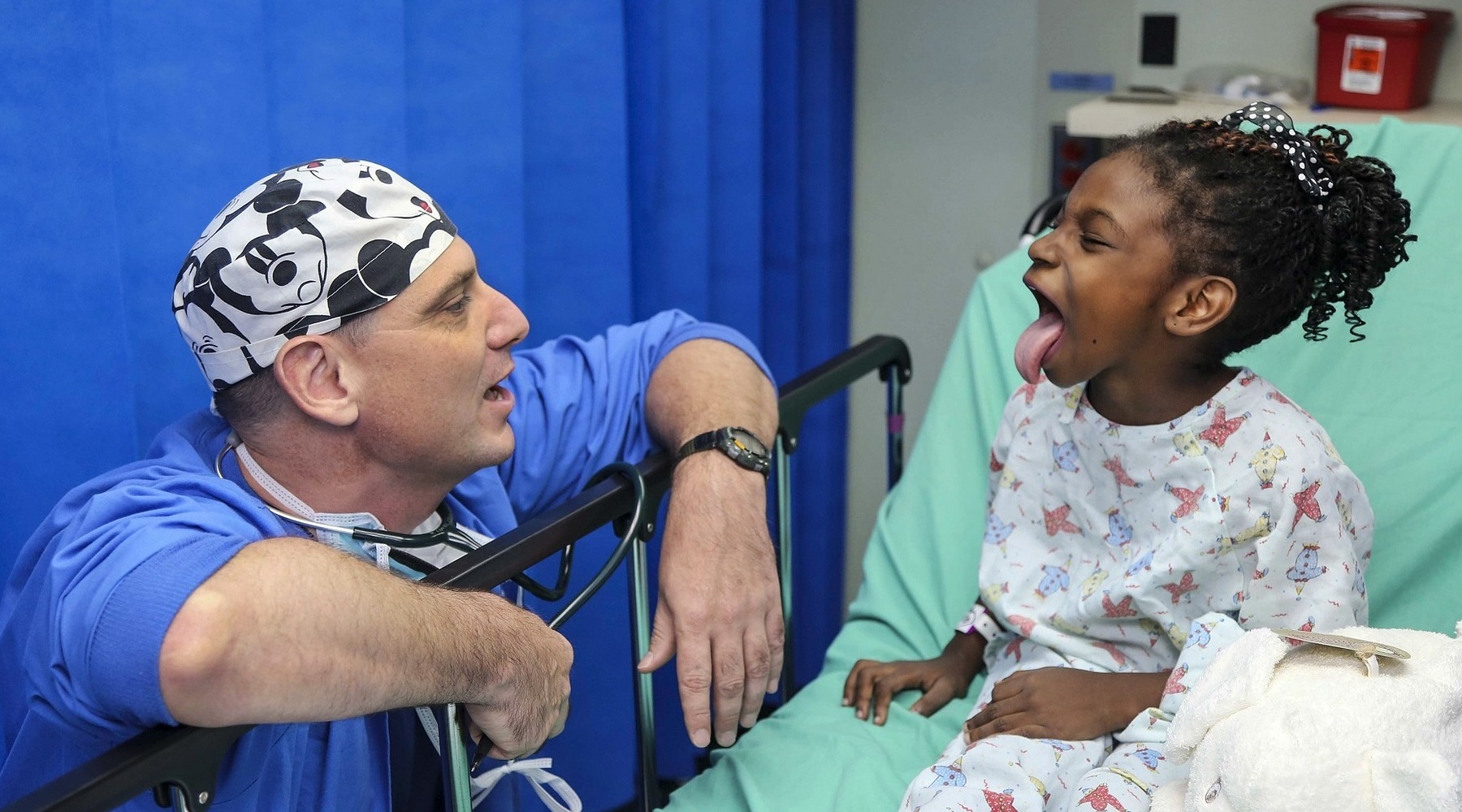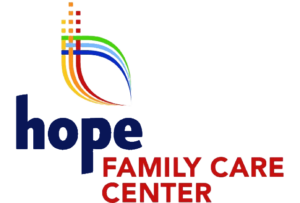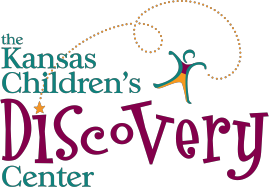The Mission of the Health Care Domain
The Healthcare domain is led by Health Care change leaders committed to taking actions reflecting a mindset of inclusion. We are motivated by Jeremiah 30:17, “I will restore you to health and heal your wounds,’ declares the LORD…”
If you would like to join us in our mission, please read the Covenant of Racial Reconciliation below and get started by choosing to do One Good Thing from our list of suggested actions. For more resources and information on upcoming Health Care Domain meetings, email us at info@unitekc.org. Together, let’s unite Kansas City!

Covenant of Racial Reconciliation for the Health Care Domain
Whereas Health Care is changed by our economy and social climate, therefore clinicians are taking on management and leadership roles as a new model (Liebler & McConnell, 2017), becoming catalysts for change rather than responders to it. This change is anchored in a new culturally relevant team-based model of primary care (Rodriguez et al., 2018, p. 5).
Whereas minorities are underrepresented in Hospital C-suites with 14% of board members and 9% of CEOs, yet by 2043 over 50% of the U.S. population will consist of minorities. Diverse leadership improves health care outcomes, influencing health care delivery approaches, and policy as well as advocating for next-generation minority leaders. (American Hospital Association’s Institute for Diversity and Health Equity, 2019). The new culturally relevant model provides minorities a mentoring path in management and decision making, leading to leadership roles.
Whereas 75% of discrepancies in access to mental health services come from hardship and a lack of education (Brenden, 2020). African American men are disproportionately impacted and do not seek help because of 1) racism and discrimination; 2) mistrust of Health Care providers; 3) misdiagnosis and clinician bias; 4) and use of informal support networks. Patients in mental health crises are then most often involved in domestic violence and confronted by law enforcement (Wager, Wickman Lee & Glaser, 2017), perpetuating a vicious cycle.
Whereas chronic diseases impact life expectancy in the African American community at disproportionate levels yet tailored and culturally appropriate health education programs can be beneficial. (Williams et al., 2019). There is a community-based education opportunity for child cognitive development, diabetes, and vaccinations.
Whereas health care access is limited by coverage, services, timeliness, and workforce which are more prevalent issues in minority communities. Minority uninsured are less likely to receive medical care and more likely to have poor health.
Now, therefore, we commit to promote diversity and inclusion for social justice, which support change management strategies for diversity in health promotion including:
Leadership- We will pursue diversity in Health Care leadership through: minority mentorship opportunities that develop applied knowledge and leadership skills which then serve as a gauge of promotability vs only formal education (Dye, 2014); developing continuous feedback systems environments to support that growth (Becker & Bish, 2017; Vliet & Wulf, 2006) and incorporating those leaders diverse thought to build/implement a culturally sensitive primary care model.
Mental Health Care – We will work to incorporate culture in practice-based evidence mental health care models, aiming for positive outcomes vs avoiding negative ones and commit to promoting the full inclusion of persons with mental and physical disabilities while safeguarding their equality and dignity.
Education – we will support community and church-based opportunities to educate minorities in: children’s cognitive development resilience/ vulnerability factors (Curtis & Cicchetti, 2003; Yehuda, Flory, Southwick, & Charney, 2006); diabetes/obesity management including care information and goal strategies, ongoing assistance to increase motivation and social/peer support; community-based interventions developed through participatory research; and vaccines. When trust happens, health happens.
Access– we support increased access to health care including screening, vaccination, prevention services, and nutritional intervention, as well as entry into a Health Care system comprised of capable, qualified, culturally competent providers, encouraging services when the need is identified.
I commit to this Health Care and Health Services Covenant for the benefit of those I have committed to serving within the Greater Kansas City community.
References
Zambrano, R., (2019). The value of imperative diversity leadership development and mentoring in health care. Diversity and Inclusion, 64(6), 356-358. https:// doi.org. /10.1097/JHM-D-19-00209
Holowka, T. (2020). Share your voice with policymakers and help advance sustainability goals. Retrieved from https://www.usgbc.org/articles/join-usgbcs-new-advocacy-working-group
Abe, J., Grills, C., Ghavami, N., Xiong, G., Davis, C., & Johnson, C. (2018). Making the invisible visible: Identifying and articulating culture in practice-based evidence. American Journal of Community Psychology, 62, 121-134. http://doi.org./10.1002/ajcp.12266
Golab, et al. (2018). Influence of maternal obesity on the association between common pregnancy complications and risk of childhood obesity: an individual participant data meta-analysis. Lancet Child Adolescent Health, 2(11), 770-772. https://doi.org/10.1016/S2352-4642(18)30273-6
Pooja, A., & Venkatesh, A. K. (2016). Refugee resettlement patterns and state-level Healthcare insurance access in the United States. American Journal of Public Health Research, 106(4), 662-664.
Williams et al., (2019). Perceptions and Practices of Diabetes Prevention Among African Americans Participating in a Faith-Based Community Health Program. Journal of Community Health, 44(4), 694-703.
Heisler, M. et al. (2009). Participants’ Assessments of the Effects of a Community Health Worker Intervention on Their Diabetes Self-Management and Interactions with Healthcare Providers. American Journal of Preventative Medicine, 37(6), S270-S279.
Bazzono, et al. (2009). The Healthy Lifestyle Change Program: A Pilot of a Community-Based Health Promotion Intervention for Adults with Developmental Disabilities. American Journal of Preventative Medicine, 37(6), S270-S279

Pick One Good Thing & Get Started!
Minority Leadership

We envision the day when all residents of our east side community receive high quality and preventive personal healthcare, regardless of one’s income, which will contribute to the overall transformation and well-being of the community. Volunteer for Clinicians and Administrative Assistants.
Contact: Mikelan Coleman – mcoleman@hfcckc.org

Bluford Healthcare Leadership Institute
Initially, scholars participate in a two-week overview of healthcare leadership and policies from leading executives in the field. Secondly, exposure to premier healthcare environment or association where they are exposed to the development and execution of health policies by the C-Suite.
Mental Healthcare

Dismas House of Kansas city is certified by the Missouri Department of Mental Health to provide substance abuse treatment and recovery support services. Our team of professionally trained counselors and peer recovery coaches provide services that meet most court-ordered and family services requirements.
Education

The Kansas Children’s Discovery Center believes every child deserves rich and diverse museum experiences. We are committed to ensuring accessibility for every family regardless of income. The support you give today impacts the lives of our community’s dreamers, teachers, and leaders of tomorrow.

Institution for International Medicine
INMED is dedicated to facilitating innovative medical education that promotes evidence-based change, professional development, and improved patient outcomes.
Contact: micah@inmed.us
Access

INMED Partnerships for Children
INMED’s vision is to transform the future of vulnerable children around the world. Mail us at contact@inmed.us for more information on how you can become a partner in the work to rescue children from imminent and irreversible harm and prepare them to shape a brighter future for themselves and the next generation.

Mercy and Truth Medical Missions
We work to provide healthcare to the underserved and uninsured of our community and the world. Volunteers for Clinical, clerical, Technology, and International.

Meet the Voices behind this Domain
Lorna Jarrett - Domain Leader
Executive Director, Brain Peace Organizational Coaching and Consulting
Kathy Huckins
TARC, Inc. Children’s Services, Assistive Technology Director
Emily Smith
Frank Gray
Operations Manager, Hope Family Care Center
Geoffrey Kigenyi
Executive Director, Mercy and Truth Medical Mission
Jennifer McGlothen
Unite Us, Community Engagement Manager
Jerri Guy
Kelly Frantz-Langford
TARC, Inc. Children’s Services, Assistive Technology Assistant Director
Ladell Flowers
CEO/Executive Director, Dismas House of KC
Morgen Govindan, MD
Children’s Mercy Hospital, Pediatrician
Nozella Brown
Susan Voorhees
Sushant Govindan
Kansas City Veterans Affairs Hospital, Associate Chief of Staff
Elder Terence L. Smith
Jacob’s Ladder for Youth Development, Founder/President
Terrie Franklin

